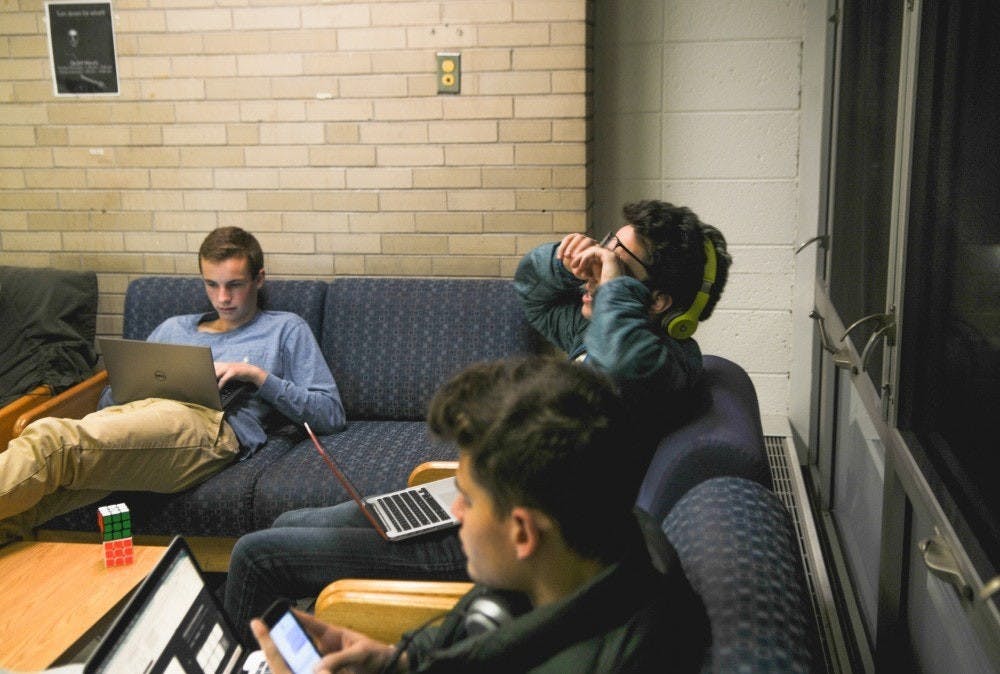
For almost a year now, the Undergraduate Assembly and the University Honor Council have been working with the Office of Student Conduct to tackle the issue of the widespread use of “academic archives” among certain groups of students at Penn.
"Academic archives," according to the UA, are repositories that include, but are not limited to, past exams, assignments, study guides, and old essays. These archives are typically aggregated by on-campus and off-campus student organizations to be used as a resource for their members.
Currently, there is no clear policy specifically addressing the issue of academic archives, according to UHC and OSC.
While academic archives are useful for those who have access to them, not all students do. In a schoolwide survey sent out last spring by the UA, only one-third of the 300 students who responded reported that they have access to such resources.
The UA’s 2017-18 Annual Report, published at the end of the 2018 spring semester, concluded that even though banning academic archives may eliminate inequity among students, the more practical solution would be to create a policy through which test banks are allowed to exist.
“The main point of contention with a default ban was the difficulty/impossibility of enforcing such a ban,” the report read.
Have thoughts on test banks and other academic resources shared among certain groups of students? Let us know at letters@thedp.com
As a potential solution, the UHC has generated a preliminary proposal that would legalize the use of academic archives across the University unless otherwise stated by professors. The UHC has raised the idea of a “universal test bank” that would allow academic materials to be distributed more evenly among all students, said College senior and President of the UHC Kevin Myers.
The proposal also involves a series of “Best Practice” suggestions for professors that include changing exam questions every year and releasing copies of past exams to all students.

However, Myers added that the UA and UHC have decided to hold off on formally suggesting these proposals to administrators until the deans and faculty of all four undergraduate schools have been consulted.
So far, Myers has only been able to meet with deans and faculty members of the College of Arts and Science and the School of Engineering and Applied Science, but among the 50 department heads and faculty representatives he has consulted, most have been in favor of the preliminary proposals, he said.
“We have a lot of important meetings coming up, especially with Wharton where it appears to be the biggest problem, and that could very well change our stance and recommendations,” Myers said.
Following the meetings with the Nursing School and the Wharton School, the UHC will meet with the Council of Undergraduate Deans to present their findings and propose a solution.
Meanwhile, the lack of a standardized policy around academic archives continues to pose an ever-present source of frustration for those who lack access to them.
“I love when professors include a past exam on their Canvas page, because it helps me study and prepare myself for what’s coming, but I also know that there are kids who have years of exams to practice with and that makes all of my studying feel pointless,” Wharton junior Michael Pearson said. “You can’t ban them because you can’t enforce them, but it sucks to know that so many people have that advantage.”
The Daily Pennsylvanian is an independent, student-run newspaper. Please consider making a donation to support the coverage that shapes the University. Your generosity ensures a future of strong journalism at Penn.
Donate







